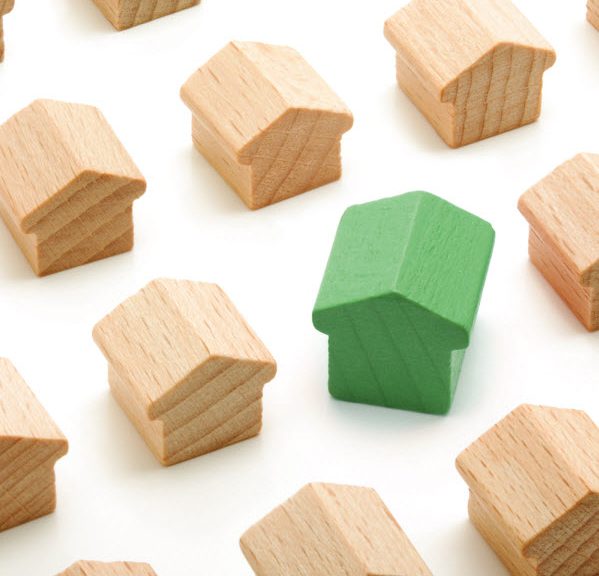Thinking of buying your first home but worried about making such a big commitment? We address 3 concerns shared by first-time buyers.
- Young people can’t afford to buy a house anymore.
When the Government of Canada tightened mortgage requirements last fall, it was all over the news. House prices have evened out a little; as for condos, it’s still very much a buyer’s market. And that’s good news for first-time buyers!
Here are some tips to be able to afford your first home:
- Get started early
- Save for a down payment
- Consider your financial commitments
- Set aside 3% of the value of your house for start-up costs
- Get pre-approved for a mortgage loan
- Work with expertsand ask questions
- It’s possible to buy a house without a down payment.
Wrong. Despite what some may have you believe, you always need a down payment to buy a house. Generally, your down payment should be at least 20% of the property’s purchase price or market value–whichever is less. With that being said, you can still get a mortgage if you don’t have a 20% to put down, but you do need to insure your mortgage with the Canada Mortgage and Housing Corporation (CMHC) or Genworth Canada. In that case, your down payment needs to be at least 5% of the property’s value. And remember, the bigger your down payment, the less interest you’ll have to pay.
- First-time buyers aren’t eligible for the Home Buyers’ Plan (HBP) if they want to buy a portion of their spouse’s house.
This isn’t true. It’s becoming increasingly commonplace for single people to buy a house, and sometimes they can sell a portion of their home to a co-owner.
Take Martine and Jasmin for example. They’re dating, but they’ve never lived together and they don’t have children. Martine owns a bungalow and Jasmin has always rented. Jasmin is planning on buying 40% of Martine’s house and moving in with her in July. The Canada Revenue Agency, which oversees the HBP, stipulates that “neither you nor your spouse or common-law partner can own the qualifying home more than 30 days before a withdrawal is made.” In this example, Jasmin is eligible for HBP; he isn’t homeowner and he and Martine aren’t married or considered common law (to be common law, partners must have lived together for at least 12 months). In this example, as long as Jasmin meets all the other eligibility criteria, he can use his RRSP under the HBP to put a down payment on the house. If Jasmin and Martine had been living together as a married or common law couple, Jasmin wouldn’t have been eligible for the HBP.
Takeaway:
The homebuyer’s marital status and whether they’ve owned a property in the past can affect their eligibility.
If you have questions about home ownership, call a Desjardins mortgage representative at 1-844-626-2476.
Image: Shutterstock

